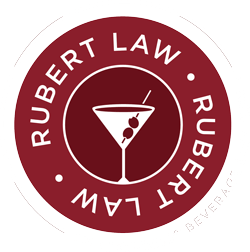It takes a lot of time, effort and paperwork to get your liquor license, but, when you do finally obtain yours, your business can do just about anything it wants – or, at least that’s the belief.
Of course, as you may know, you still have to follow many rules and regulations to ensure your business is running smoothly. Yet, there are many myths about liquor licensing that may jeopardize your business. Here’s what you should know:
Myth #1: You only have to follow federal regulations
Truth: Business owners with liquor licenses do have many federal laws and regulations to adhere to. Yet, as a liquor distributor, there are state laws you must follow as well. For example, under the “Wilson Act” (US Code Title 27, Chapter 6 Section 121), alcohol transported into other states are subject to the laws of the state in question.
Under the 21st Amendment to the Constitution, states have control over the following:
- The sale of alcohol within the state
- The distribution of alcohol within the state
- The importation of alcohol within the state
- Status regulation of who can possess alcohol within the state
As such, your business should follow federal, state and local laws as it grows, including regulations and requirements from Florida’s Division of Alcoholic Beverages and Tobacco (DABT).
Myth #2: Your servers have required training
Truth: It’s reasonable to believe, since you have a license to possess and sell liquor, that your servers should have some kind of licensing or training with regard to serving alcohol. However, most businesses don’t require their servers to undergo special training, unless you’re looking to certify your business for safe practices and become a Responsible Vendor (which is always a good idea).
Myth #3: Parents or guardians can give kids alcohol
Truth: Florida laws prohibit anyone under 21 years of age from drinking alcohol – period. Some parents and guardians want to celebrate with their kids. However, your business cannot sell alcohol to anyone under the age of 21, without exception.
Owning a liquor license comes with significant responsibility. Understanding your legal rights can help you to fully protect both your license and your brand.
